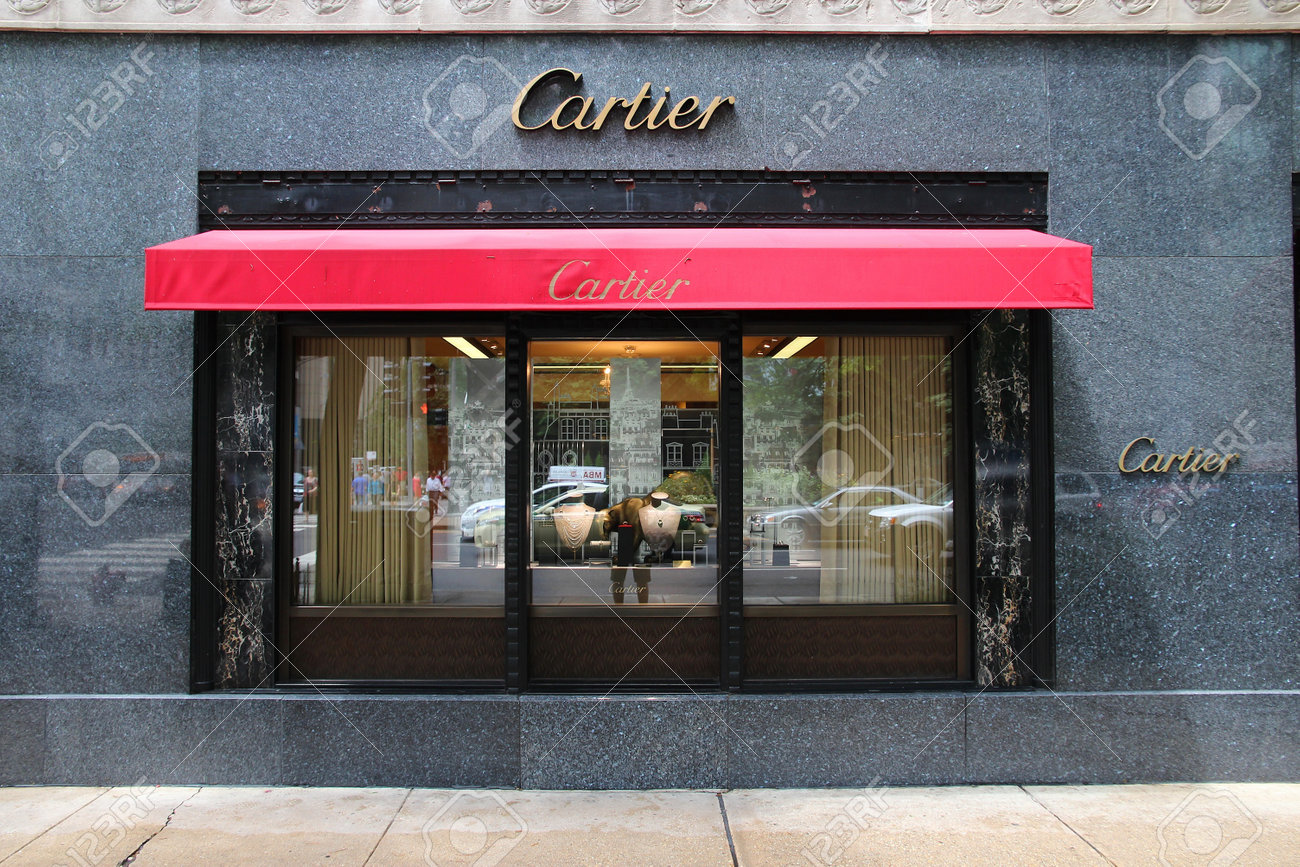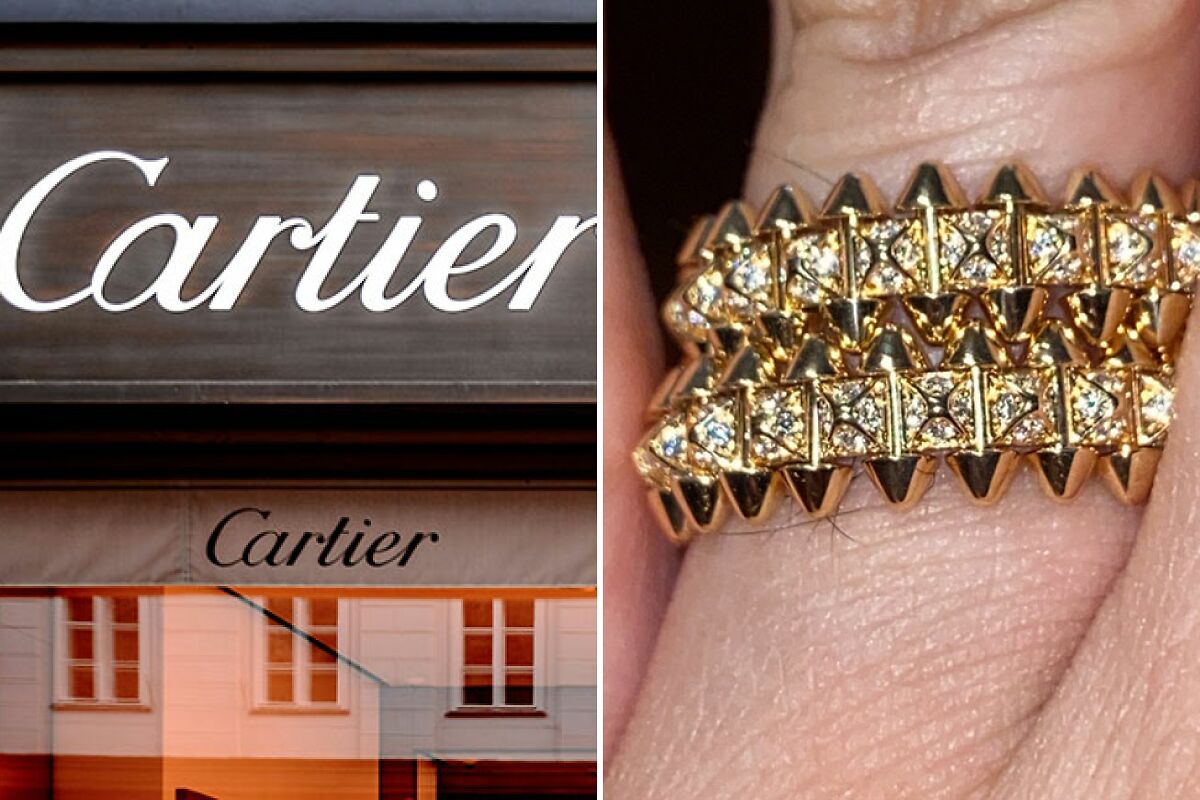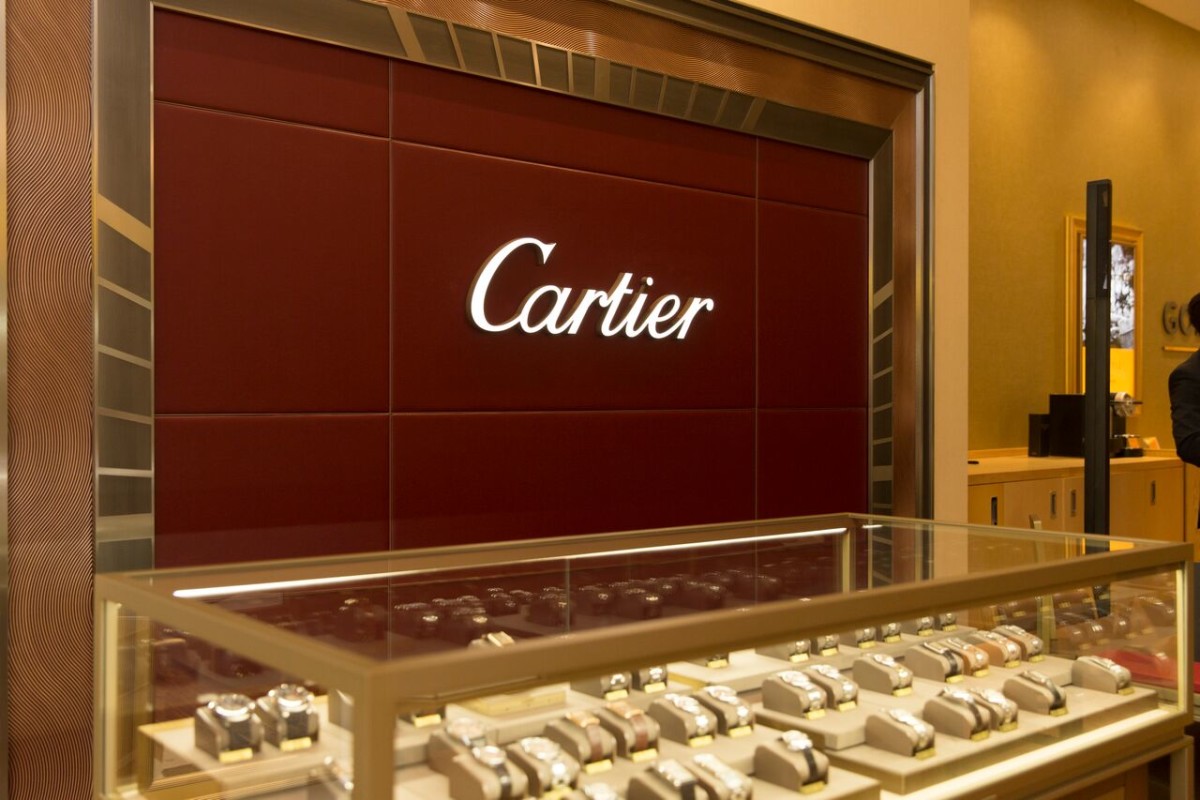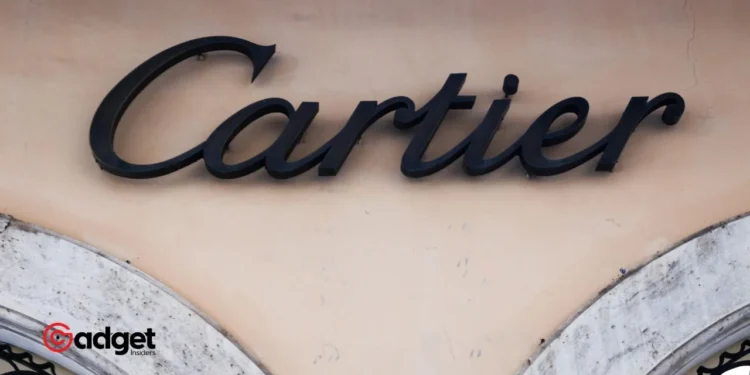In the glitzy world of high-end jewelry, price tags in the thousands are commonplace, especially for brands like Cartier, synonymous with opulence and luxury. However, in a turn of events that sounds more like a plot from a shopper’s fantasy, a 27-year-old man from Mexico, Rogelio Villarreal, managed to secure a pair of 18-carat rose-gold Clash de Cartier earrings, not for the usual $11,600, but for an astonishing $13.91!

Rogelio’s Luxurious Earring Journey
Rogelio’s unexpected journey to owning these luxurious earrings began casually while he was browsing Instagram. On that fateful day, December 12, 2023, what started as an ordinary scroll through social media turned into a pulse-racing discovery. “I was amazed to see how much the necklaces cost and so on and I said: ‘Someday,’ until I saw the earrings,” Rogelio shared on X, formerly known as Twitter. The shock of the discovery was palpable. “I swear I broke out in a cold sweat,” he recalled.
Mexican shopper wins against luxury jeweler Cartier over a spectacular pricing error, securing diamond-encrusted earrings worth tens of thousands for just £22.https://t.co/JGEltL6GYM
— Rated News (@Ratednews) April 29, 2024
Cartier’s Reaction to the Pricing Snafu
Upon realizing the pricing error, Villarreal wasted no time and quickly purchased two sets of the earrings. However, the celebration was short-lived as Cartier adjusted the price back to its original sum of 237,000 Mexican pesos ($13,890.93) soon after. Cartier’s initial response was to attempt to cancel the order, claiming the items were no longer available, which led to a series of exchanges between Rogelio and the jeweler’s representatives.

In a bid to settle the matter amicably, Cartier offered Villarreal a complimentary bottle of Cartier Cuvée champagne and a leather Cartier item. Despite this gesture, Rogelio stood his ground, citing Mexican consumer protection law, which led to a formal complaint being lodged against the renowned jeweler.
Legal Implications and the Consumer Protection Standoff
The dispute caught the attention of the Office of the Federal Prosecutor for the Consumer in Matamoros, which summoned Cartier for arbitration. Despite the intricacies of Mexican law, which generally does not protect consumers against obvious pricing errors, the consumer protection agency stepped in to mediate.
Jorge López Zozaya, a corporate lawyer in Mexico City, noted, “If this case had gone to a court of law, it probably would have resolved favorably for Cartier.” However, it never reached that stage.
A Victory for the Consumer: Cartier Concedes
In what Villarreal described as the “war is over,” Cartier decided to honor the original transaction, sending him the two sets of earrings for approximately $28 in total. This resolution allowed Rogelio to share his joy and the luxurious earrings with his mother, making the ordeal not just a personal victory but a heartwarming story of persistence.
“Those earrings are for her,” Villarreal expressed, underlining the sentimental value of the earrings beyond their monetary worth. His journey with the earrings continued to capture attention as he shared their unboxing on TikTok, further solidifying his win against a giant in the luxury goods industry.

Conclusion: The Power of Consumer Rights and Digital Age Bargains
Rogelio Villarreal’s story is not just about a fortunate click leading to an unbelievable deal. It’s a testament to the power of consumer rights and the impact of digital connectivity, which turns everyday browsing into potential headline-making moments. This event serves as a reminder of the vigilance needed in digital sales and pricing, and perhaps, offers a glimmer of hope for those dreaming of luxury at a fraction of the cost. As the digital world continues to evolve, who knows what the next click might bring?










